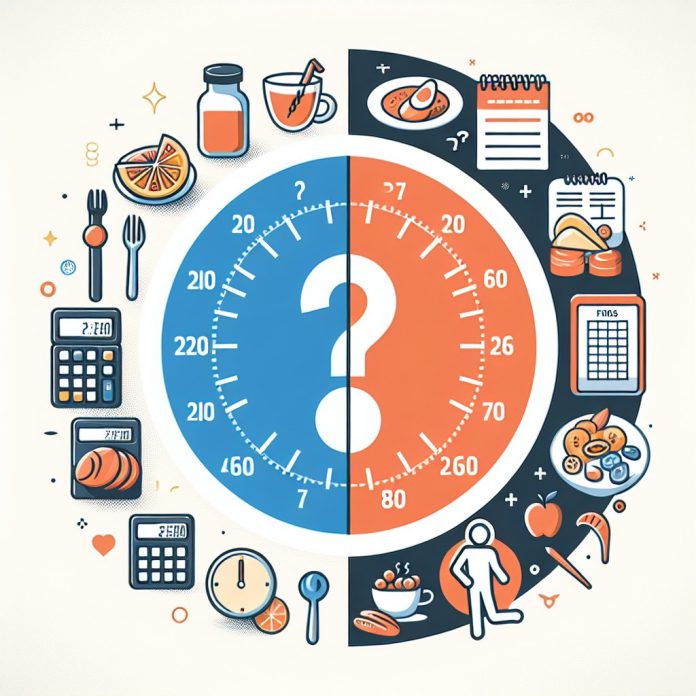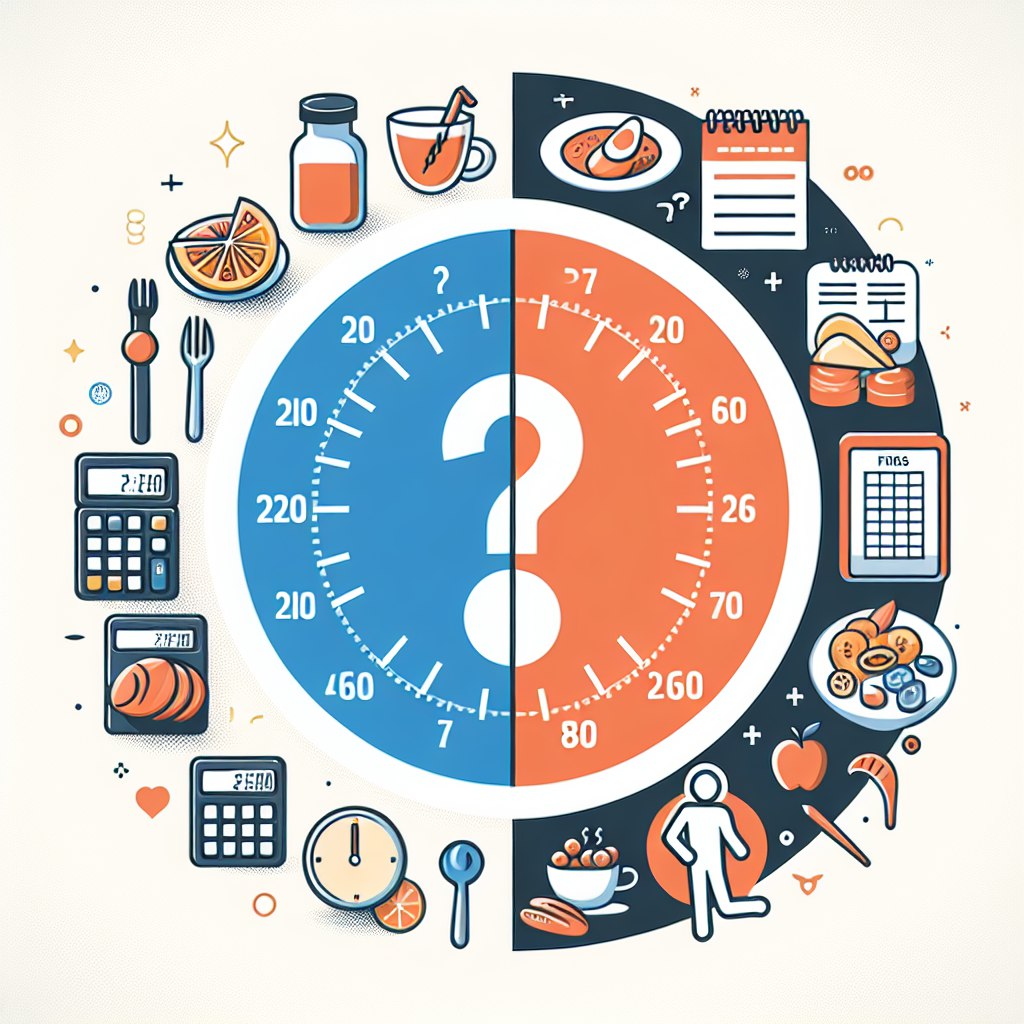
Is Intermittent Fasting Better Than Counting Calories? What to Know
Intermittent fasting, a dietary approach where individuals eat within specific time windows each day, has surged in popularity in recent years. This method contrasts with traditional calorie counting, where the focus is on monitoring caloric intake rather than timing.
The Appeal of Intermittent Fasting 🕑
Intermittent fasting’s allure is evident: Eat what you want, but only during certain hours—typically within an eight-hour window. Instead of meticulously counting calories or measuring portions, followers simply adhere to the clock. Courtney Peterson, a nutrition researcher at the University of Alabama at Birmingham, explains, “You have this really simple rule: Eat or don’t eat.”
The simplicity of this rule has made intermittent fasting a trending topic on social media and a popular choice for many seeking weight loss and improved health.
Understanding Time-Restricted Eating 🕰️
Intermittent fasting involves alternating between periods of eating and fasting, typically fasting for at least 14 hours. Variations include alternate-day fasting, the 5:2 approach (eating normally for five days and fasting for two), or daily time-restricted eating, the most popular form.
In time-restricted eating, individuals condense their eating into a daily window of 10 hours or less. This might mean delaying breakfast until 10 a.m. or noon and having dinner by 6 p.m. or 8 p.m., with no food outside these hours.
The Science Behind Intermittent Fasting 🧬
The theory behind time-restricted eating supports the body’s circadian rhythm—our internal clock regulating sleep and eating patterns. Spending more time in a fasting state may enhance the body’s ability to manage blood sugar and fat metabolism, according to scientists.
Early animal studies, starting in 2012, indicated health benefits from time-restricted eating. Subsequent small studies in people with obesity suggested potential weight loss and improved health markers.
Research indicates that time-restricted eating may lead to reduced caloric intake, explaining weight loss. Combined study results suggest adults with obesity on time-restricted eating plans naturally reduced their energy intake by 200 to 550 calories daily, losing 3% to 5% of their baseline body weight.
Comparing Intermittent Fasting and Calorie Counting ⚖️
However, a larger, long-term study challenges the notion that time-restricted eating is superior to calorie counting. Published in the New England Journal of Medicine in 2022, the study tracked 139 people with obesity for a year. Participants either followed a calorie-restricted diet within a time window or consumed the same number of calories throughout the day. Both groups lost 14 to 18 pounds on average, with no significant difference between the two strategies.
“Our data right now suggests that time-restricted eating isn’t any better or worse than cutting calories,” Peterson said. Moreover, time-restricted eating does not appear to help burn more calories.
Nonetheless, Peterson points out that time-restricted eating’s simplicity might be easier to maintain compared to traditional diets. “Almost no one likes calorie counting,” she noted.

Safety and Health Considerations ⚠️
Early clinical trials with six to 10-hour eating windows found that time-restricted eating is “generally safe,” as reported in the journal Obesity. However, recent research presented at an American Heart Association scientific session suggested that an 8-hour time-restricted diet might increase the risk of cardiovascular disease mortality compared to a 12 to 16-hour eating window.
Dr. Francisco Lopez-Jimenez of the Mayo Clinic cautions that this research has not yet been published in a peer-reviewed journal. He highlights existing evidence linking breakfast skipping with cardiovascular disease and mortality, urging people to consult healthcare providers before adopting time-restricted eating, especially if the fasting window extends until midday.
“It’s a call for pausing before you just recommend a particular diet,” Lopez-Jimenez emphasized.
Conclusion 🌟
Intermittent fasting offers a flexible, straightforward approach to dieting, appealing to many who find calorie counting cumbersome. While it may help reduce calorie intake and support weight loss, it is not necessarily superior to traditional calorie counting. The long-term health impacts, particularly concerning cardiovascular risk, require further investigation.
As with any diet, it is crucial to consider individual health conditions and consult with healthcare providers before making significant changes. Whether you choose intermittent fasting or calorie counting, the key is finding a sustainable approach that supports your health and well-being.



















